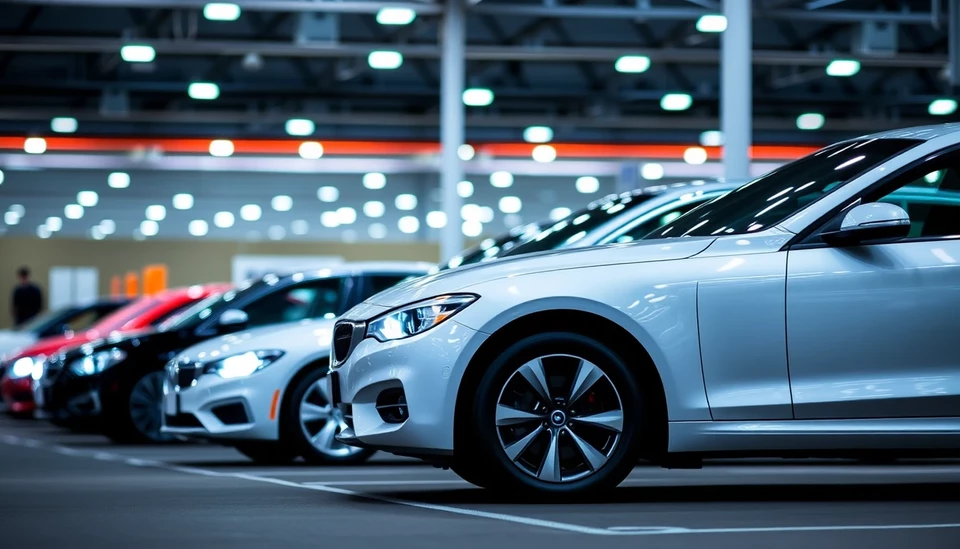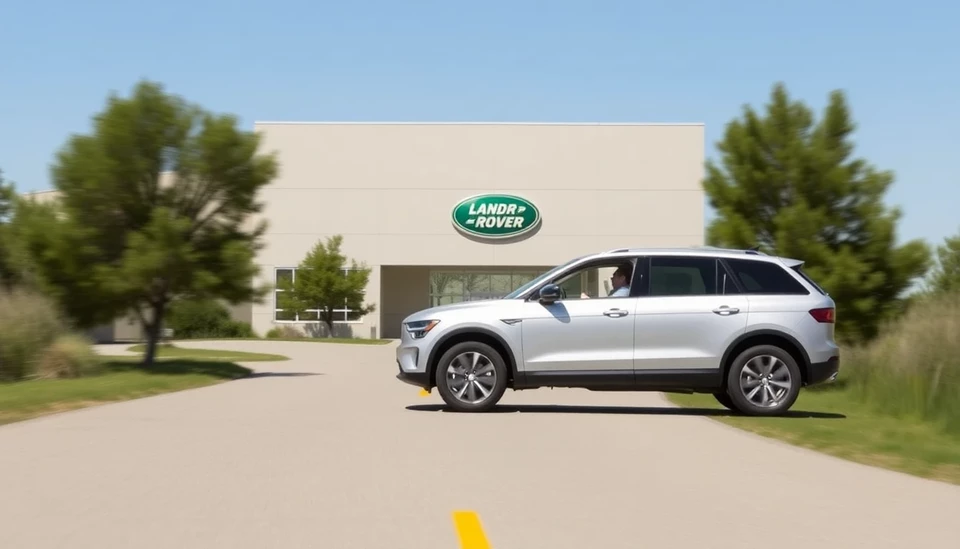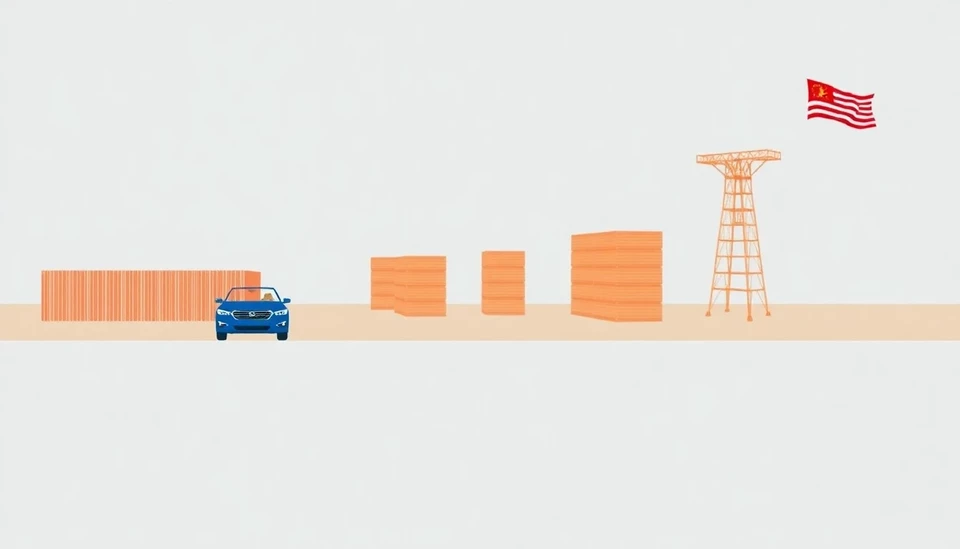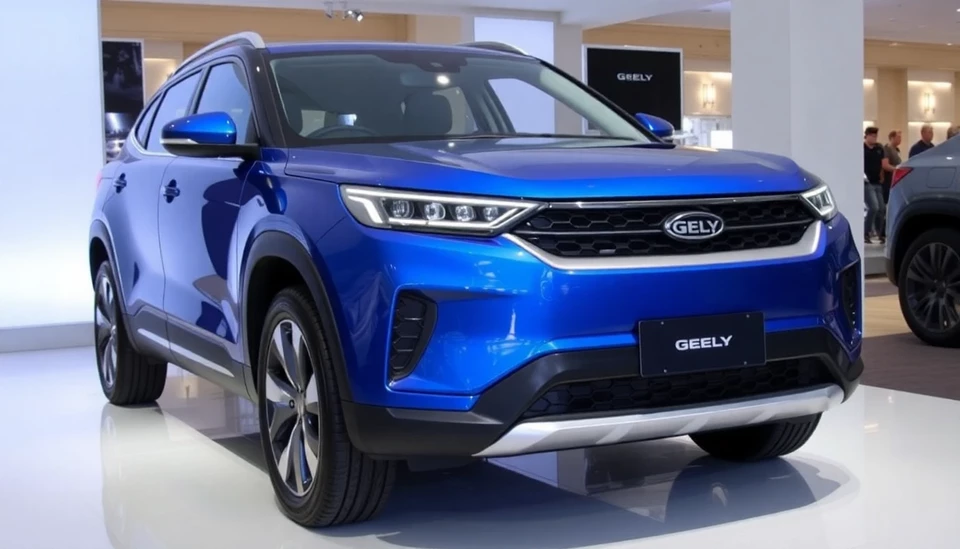
As the automotive market braces itself for significant changes, a surge in car sales is anticipated as consumers rush to capitalize on favorable conditions before potential tariff implementations by the Trump administration. The rise in auto sales this spring could provide a much-needed boost for manufacturers and dealers alike, just as the global supply chain continues to feel the pressures of lingering pandemic effects.
Recent analyses reveal that American car buyers are intensifying their purchase activities in anticipation of rising costs linked to tariffs on foreign-made automobiles. With the Trump administration signaling upcoming tariff measures, particularly targeting imports from various countries, consumers are eager to purchase vehicles now, avoiding higher prices that may soon follow. This strategic urgency to buy not only signals consumer confidence but also highlights the ongoing competition within the automotive sector.
Manufacturers are responding to this increasing demand with robust inventory levels and incentives designed to attract buyers. Despite challenges rooted in supply chain disruptions, many auto dealerships are now offering attractive financing options and promotions to entice a sale in an already blossoming market. These tactics have proven essential as the industry looks to navigate a shifting landscape brought about by economic policies and international trade negotiations.
Moreover, the potential increase in tariffs may particularly affect the prices of popular models, which are often imported from overseas. As consumers rush to secure these vehicles, especially popular categories such as SUVs and electric cars, dealerships are experiencing a rise in foot traffic, demonstrating an upward trend in sales activity. This dynamic not only stimulates economic growth but also reaffirms the resilience of the automotive market against external pressures.
Analysts predict that this proactive buying behavior can lead to an overall boost in sales figures during the crucial spring months. The National Automobile Dealers Association (NADA) has already indicated signs of optimism in its reports, suggesting auto sales could well hit unprecedented numbers if current trends continue.
As car shoppers race against the clock driven by uncertainty, automakers are preparing themselves for an influx of demand. Industry leaders are keenly aware that while tariffs may serve as a dampener in the long run, the immediate future can be incredibly bright if they can meet the October demand. Therefore, the coming months will be crucial for the automotive sector as it gears up for what many expect to be a record-high selling season.
It is essential for both consumers and industry stakeholders to keep an eye on policy developments and adjust their strategies accordingly. The interplay between tariffs and consumer behavior sets the stage for what could become a defining moment for the auto industry in 2025.
As this situation unfolds, it is worth noting that remaining informed will empower consumers to make savvy decisions while also positioning manufacturers to adapt and thrive amidst changing market dynamics.
#AutoSales #Tariffs #CarShopping #TrumpAdministration #AutomotiveIndustry #ConsumerConfidence #MarketTrends
Author: Victoria Adams


